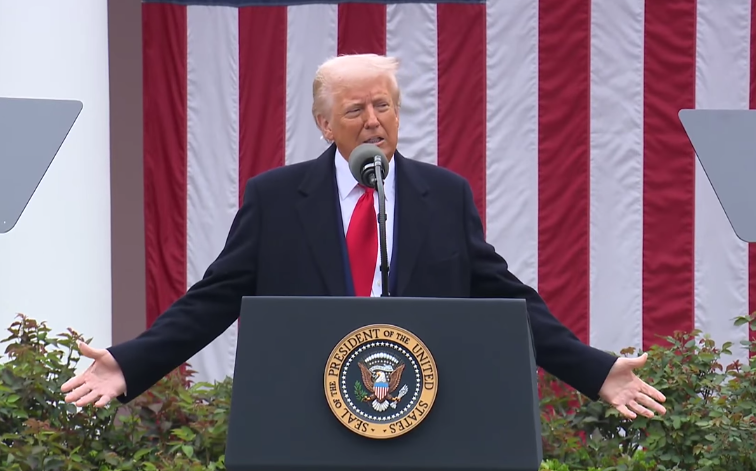President Donald Trump threatened on Saturday to impose a 30% tariff on Mexico and the European Union, two of his most important trading partners.
After announcing that these tariffs would take effect as of next August 1, Trump left open the possibility of reducing this rate on both Mexico and the European bloc.
The United States imported US$1.1 trillion worth of products from both trading partners in 2024.
From Mexico, its imports were $505.851 billion, and from the European Union they totaled $605.760 billion.
30% tariff on Mexico
For Mexico, the new tariff implies an increase of 5 percentage points over the 25% already charged by U.S. customs on Mexican products that do not comply with the Treaty between Mexico, the United States and Canada (USMCA).
As for the European Union, the new tariff carries a 10 percentage point increase compared to the 20% “reciprocal tariff” Trump announced in early April.
Earlier this week, U.S. Commerce Secretary Howard Lutnick said a deal with the European Union was on Trump’s table for a final decision.
Mexico’s response
On July 11, a Mexican delegation traveled to the United States. Several ministries of the federal government participated. They met with the State Department, the National Security Council and other agencies. The objective was to set up a permanent binational roundtable.
According to a press release issued by the Mexican Secretary of Economy, Marcelo Ebrard, this roundtable will address key issues. Among them are security, migration, border, water management and economy. In addition, the United States announced that it will apply new trade tariffs as of August 1. Mexico rejected this measure. It described it as unfair.
Faced with this scenario, both parties agreed to act. The table will seek an alternative before that date. The goal is clear: to protect jobs and businesses on both sides of the border. For now, Mexico has already begun negotiations.
Trump did not clarify whether Mexican imports that comply with the USMCA would continue to be exempt from tariffs after August 1.

